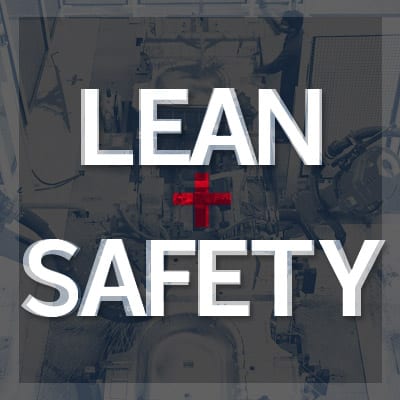Course Details
Your Growth, Our Mission

Course Description
The Training Course Will Highlight ?
Training Objective
Target Audience
This interactive training course on lean safety would be relevant and beneficial for a broad range of professionals across various industries.
The target audience can include:
· Operations Managers
· Safety Managers/Officers
· Lean Practitioners
· Quality Assurance Professionals
· Manufacturing Engineers
· Supervisors and Team Leaders
· Human Resources Professionals
· Health and Safety Inspectors
· Continuous Improvement Teams
· Small Business Owners
· Project Managers
· Environmental Health and Safety (EHS) Professionals
· Facility Maintenance Personnel
· Anyone Involved in Process Improvement
Training Methods
Daily Agenda
Module 1: Introduction to Lean Safety Concepts
· Overview of Lean Principles
· Understanding the Lean Safety Framework
· Importance of Safety in Lean Environments
· Case Studies: Successful Implementation of Lean Safety
· Identifying Safety Waste in Processes
· Group Activity: Mapping Safety Waste in a Sample Process
Module 2: Risk Assessment and Hazard Identification
· Principles of Risk Assessment in Lean Environments
· Hazard Identification Techniques
· Developing a Risk Matrix
· Practical Exercise: Conducting a Risk Assessment
· Root Cause Analysis in Safety Incidents
· Introduction to Failure Mode and Effects Analysis (FMEA)
Module 3: Lean Safety Culture and Leadership
· Building a Lean Safety Culture
· The Role of Leadership in Promoting Safety
· Strategies for Employee Engagement
· Communication Techniques for Safety
· Leadership Walkthroughs and Gemba Walks
· Interactive Discussion: Case Studies on Lean Safety Culture
Module 4: Continuous Improvement in Lean Safety
· PDCA (Plan-Do-Check-Act) Cycle in Safety Improvement
· Kaizen Events for Safety
· Implementing 5S Principles for Safety
· Developing Standard Work for Safety
· Continuous Improvement Metrics and KPIs
· Group Exercise: Creating a Safety Improvement Plan
Module 5: Lean Safety Implementation and Sustainability
· Steps for Implementing Lean Safety
· Integrating Safety into Lean Projects
· Monitoring and Measuring Safety Performance
· Sustainability of Lean Safety Practices
· Auditing and Inspecting Safety Processes
· Final Project: Developing a Lean Safety Action Plan
Accreditation
BTS attendance certificate will be issued to all attendees completing minimum of 75% of the total course duration.
Quick Enquiry
Request Info
Related Courses
Your Growth, Our Mission

